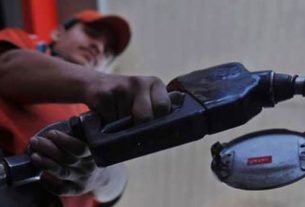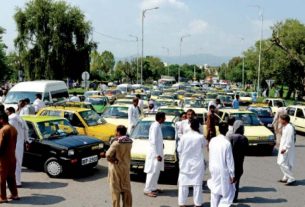ISLAMABAD: Adviser to the Prime Minister on Commerce, Industry and Investment Abdul Razak Dawood said on Tuesday that the government’s export-led growth strategy had started bearing fruit as Pakistan had posted a 13.6 per cent growth in exports at a time when regional competitors were witnessing a decline.
Speaking at the “Dialogue on Industrial Cooperation under CPEC and SEZs Framework — on CPEC Phase II” organised by the Board of Investment (BoI), Mr Dawood elaborated on the framework of economic development strategy and stated that Pakistan’s future lay in export-led growth, which made the development of special economic zones (SEZs) vital to improve the capacity and complement the export requirements of the country.
Pakistan’s economy faced a lot of challenges in terms of fiscal and current account deficits and required serious steps in terms of devaluation, control on imports and government expenditures, he said.
Explaining the objective of SEZs under the China-Pakistan Economic Corridor, the adviser said the SEZs were open for businesspeople from all countries, as incentives under SEZs were the same for everyone.
He claimed that investments in various sectors had started pouring in and the pace would pick up in the coming days.
Mr Dawood said that the second phase of CPEC was about industrial and agricultural cooperation, while the next phase would be about connectivity with regional and global markets, as a part of the Belt and Road Initiative (BRI).
The adviser appreciated the efforts of exporters and businessmen for achieving this result and expressed his gratitude to China for the second phase of the Free Trade Agreement which, he said, was poised to further boost the growth in overall exports of Pakistan.
Earlier, BoI Secretary Omer Rasul stated that the dialogue would help BoI in fulfilling the objectives and setting a tone for policy-making in future. Mr Rasul explained to all that important findings and insights from the session would be presented to the forums concerned of the government for consideration and approval.
Chinese Ambassador Yao Jing, who co-chaired the dialogue, stated in a press release that the second phase of CPEC was about the engagement of the private sector, local community and society at large while underlining that the current phase of CPEC would cover industrial cooperation, agriculture cooperation, social cooperation, poverty alleviation and cooperation in science and technology, with an aim to boost the economy of Pakistan as well as to raise the skill set and living standards of the local population.
Initiated in 2013 by the Chinese government, the BRI seeks to build a modern version of the Silk Road to link China with the rest of Asia, Europe and beyond. The CPEC, under which Beijing has pledged billions of dollars for infrastructure in Pakistan, is central to the BRI.



